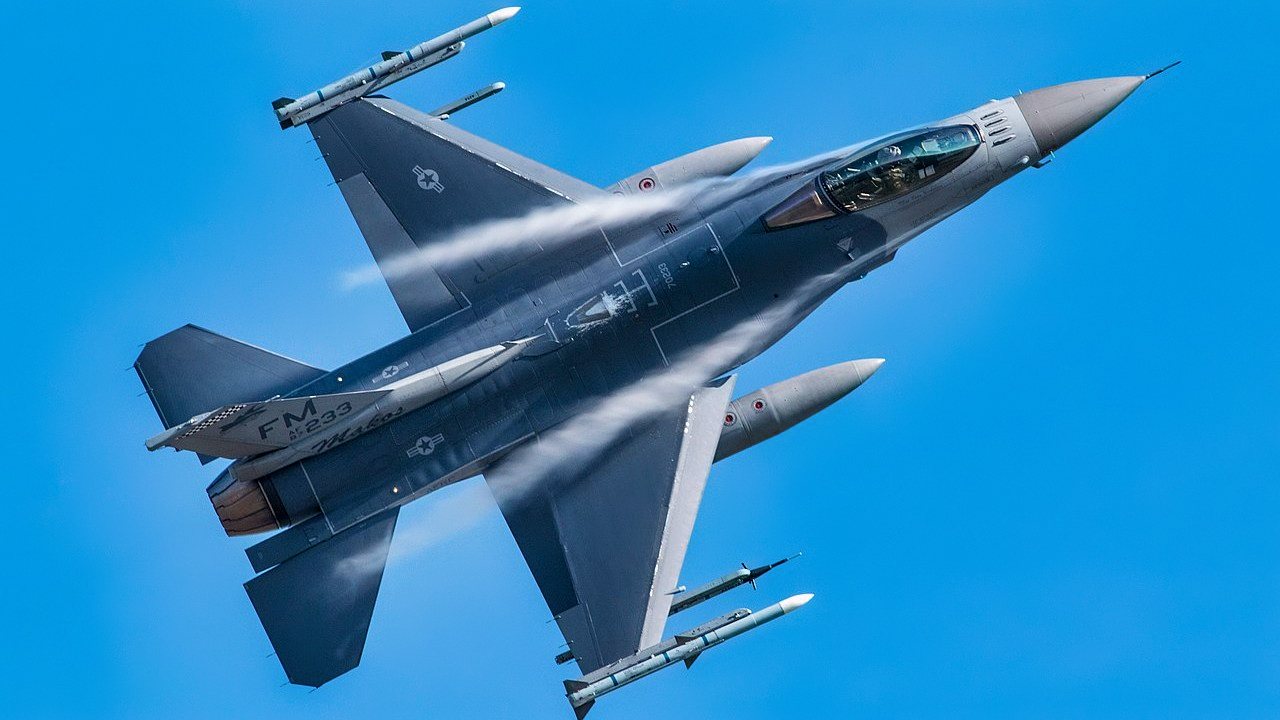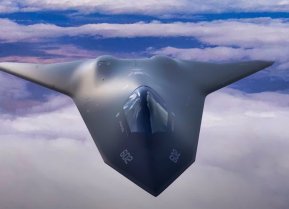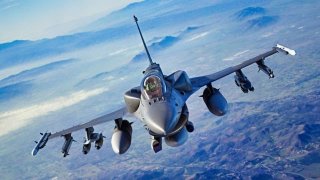Turkey On Track to Receive New F-16 Fighting Falcons
Turkey is set to receive a new batch of modernized F-16 Fighting Falcons, as it signed a letter of acceptance (LOA) this month for forty new F-16C/D Block 70/72 aircraft and seventy-nine F-16V upgrade kits.
Summary and Key Points: Turkey is set to receive a new batch of modernized F-16 Fighting Falcons, as it signed a letter of acceptance (LOA) this month for forty new F-16C/D Block 70/72 aircraft and seventy-nine F-16V upgrade kits.

-This $23 billion deal includes Service Life Extension Program (SLEP) modifications, related equipment, spares, training, and a comprehensive weapons package.
-The F-16 Block 70 is equipped with advanced avionics, Northrop Grumman APG-83 AESA Radar, and safety features like Auto GCAS.
-The U.S. Air Force no longer acquires new F-16s, but the aircraft remains popular globally, with significant backlogs and potential sales.
Turkey Advances in Acquiring Modernized F-16 Block 70 Fighter Jets
NATO ally Turkey is one step closer to receiving a new batch of modernized F-16 Fighting Falcons, as Ankara signed a letter of acceptance (LOA) this month.
"U.S. proud to announce today a major step forward in Türkiye's purchase of new F-16 Block 70 fighter jets – the most advanced F-16 ever made, available only to closest Allies and partners. Just the latest example of U.S. enduring commitment to security partnership with Türkiye," the Political-Military Affairs Office at the U.S. Department of State announced last week via a post on X, the social media platform formerly known as Twitter.
In January, the United States approved the transfer of the F-16 Fighting Falcons, now produced by aerospace and defense giant Lockheed Martin. The State Department confirmed that Ankara will receive forty new F-16C/D Block 70/72 aircraft, along with seventy-nine F-16V upgrade kits for its existing fleet of F-16C/D Block 40 and Block 550 aircraft. That includes the Service Life Extension Program (SLEP) modifications.
"Today marks an important step forward in Türkiye's purchase of the latest-generation F-16 Block 70 fighter jets and upgrades to its existing fleet of F-16s. This is good for US national security, Turkish national security, and NATO interoperability," added Jeff Flake, the U.S. ambassador to Turkey, in a post on X.

According to a report from Janes, the procurement for the forty new aircraft and enhancement kits for the current fighters is valued at $23 billion. It also includes "related equipment, spares, training, and support, as is a comprehensive air-to-air and air-to-surface weapons package."
The F-16 Fighting Falcon has been operated by the Turkish Air Force since the late 1980s, and according to Janes World Air Forces, Ankara's fleet consists of 174 F-16C and fifty-eight F-16D models.
The Block 70 F-16 Fighting Falcon
Though the F-16 made its maiden flight fifty years ago this past January and entered service in the late 1970s, it has been steadily upgraded and improved. The latest variant is the Block 70, which is equipped with the Northrop Grumman APG-83 AESA Radar, advanced avionics, an extended structural service life of 12,000 hours, and critical safety features like the Automatic Ground Collision Avoidance System (Auto GCAS). Since its integration into the U.S. Air Force in late 2014, the Auto GCAS has been instrumental in saving thirteen pilots across twelve F-16 incidents, exemplifying the aircraft's unparalleled safety and performance standards.
The United States Air Force is no longer acquiring additional F-16s, but the aircraft remains quite popular with U.S. allies and partners around the world. Earlier this year, Lockheed Martin reported a backlog of 133 F-16 Block 70/72 jets, with potential for up to 300 additional sales worldwide. The F-16 remains a highly demanded multi-role fighter, showcasing over 400,000 combat hours since its 1979 service introduction.
Author Experience and Expertise: Peter Suciu
Peter Suciu is a Michigan-based writer. He has contributed to more than four dozen magazines, newspapers, and websites with over 3,200 published pieces over a twenty-year career in journalism. He regularly writes about military hardware, firearms history, cybersecurity, politics, and international affairs. Peter is also a Contributing Writer for Forbes and Clearance Jobs. You can follow him on Twitter: @PeterSuciu. You can email the author: [email protected].
All images are Shutterstock.


